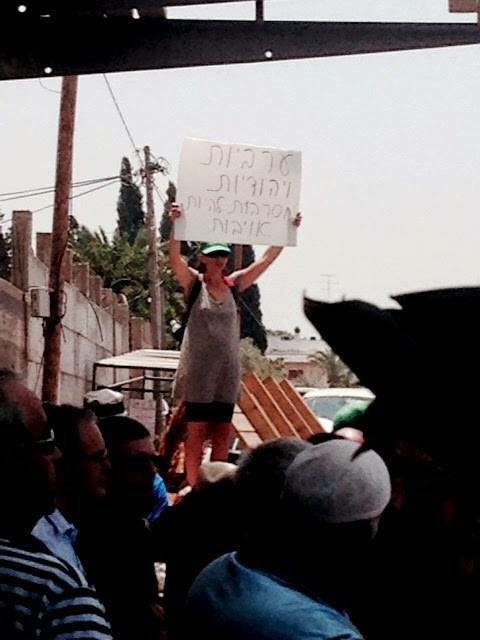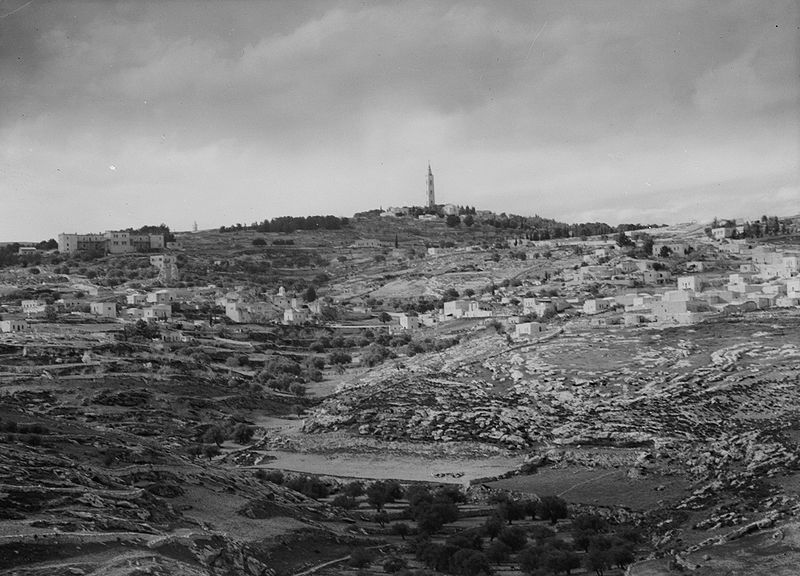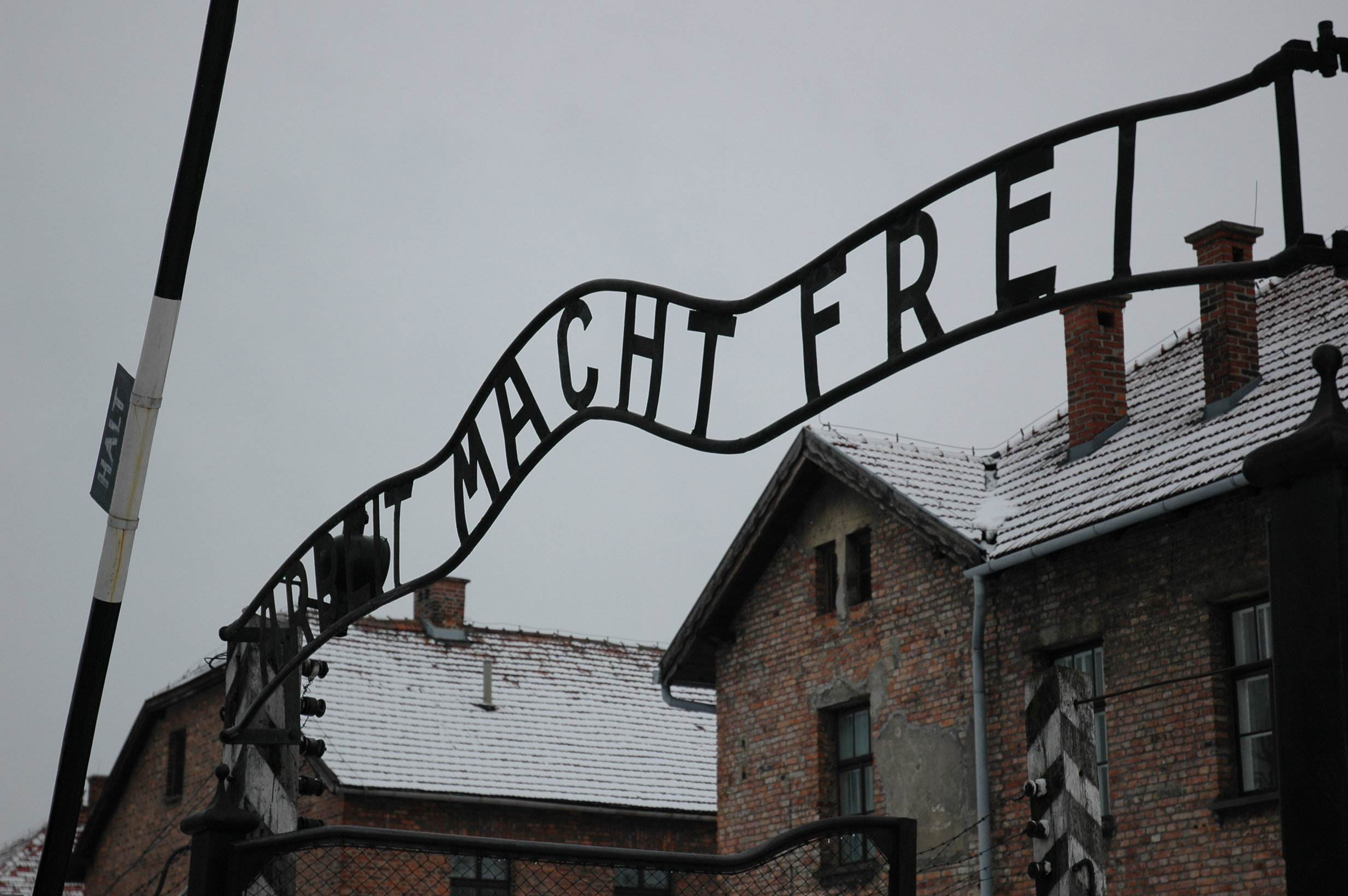Translated by: Keren Carmi
Ruth Abraham was born in 1913 in the town of Lubau in West Prussia, which was then a part of Germany. Ruth was the youngest of seven siblings, her mother passing away when she was 10 months old. She speaks of a happy childhood, growing up in a large house surrounded by a garden, each sister has her own bedroom, dogs running in the yard, and the children playing outside in the garden, planting flowers and chasing chickens and geese. She remembers the festive Shabbats and the Jewish holidays, the holy atmosphere and mostly the good relationships between Jews and Christians during that time.
According to her, things started to change when she was six, back in 1919, when Jews started to experience antisemitism. In 1921 her family moved to the town of Allenstein in Germany, hoping they would not suffer antisemitism and calls of “Juden” there. At first, the move seemed promising. She played Tennis with friends, went on bicycle trips, and even visited the local cinema. However, antisemitism arrived there, too, and Jews were afraid to stand out and go out on the streets. At the age of nine, Ruth left town and moved to Berlin, where her married sisters lived, thinking her future will be better there.
In 1933, following Hitler’s rise to power, guard units and SS soldiers were starting to be seen in the streets of Berlin, beating, terrifying, and looting the Jews. In 1935 Jews were forbidden to employ under-45, non-Jewish women, craftsmen refused to come to their homes, doctors would not treat them, and even her piano teacher refused to give her any more lessons. That same year the Nuremberg laws were enacted and Jews became second-class citizens. Each day new rules were put into force, Jews were called ‘parasites’, and antisemitism grew.
In February 1938 Ruth went on a vacation to Palestine, and although it was a wonderful vacation she knew she must return to her family, and in June 1938 she returned to Berlin where she met her husband Walter. Ruth went back to Allnstein prior to her marriage to help her family, where she was horrified to discover the local cemetery was destroyed, leaving no trace of her mother’s grave. The young couple rented an apartment in Berlin, and in February 1939 they received a message saying all Jews must hand over their valuables to the Nazis.
In 1939 a night curfew was enforced on Jews, war broke out and her husband’s family was deported to a concentration camp. In 1941 forced labor started, Ruth worked in a company manufacturing Aspirin pills for the German army, and in September 1941 Jews were forced to wear the yellow star of David, with the word “Jew” on it. Restrictions were multiplying, they were forbidden to listen to the radio and even to speak on the phone.
In November 1942, amidst the forced labor, Ruth got pregnant. When she was seven months pregnant she met Maria, a Christian woman who wished to help her, who took her to a convent, brought her a basket of provisions and supplied them new documents, fake IDs.
In January 1943 Ruth gave birth to a baby girl, Rea. Ruth, Walter and the baby ran hiding in a small agricultural area with the documents Christian Maria provided them. In June, SS soldiers arrived at their home and they had to go back to Berlin. Maria, whom the Nazis suspected was helping Jews, was called to the Gestapo, but luckily got out of that without suspicion. Ruth and her husband slept on the streets, in phone booths and public parks. They had nowhere to go. Ruth found temporary shelter, but baby Rea got sick and was hospitalized, and when she was released Ruth had to roam again. Rea and her separated from Walter and were reunited with him only in 1944.
Ruth and the child left for the town of Neudamm where Ruth raised her child by herself in poverty and hunger. Her mental state was bad, she was depressed and contemplated suicide.
In 1944 the bombings of Berlin increased and it was clear that Germany was about to lose the war. Ruth and Walter reunited again and arrived at a military base in Landsberg, where Ruth got pregnant again. However, shortly afterward Walter was taken to detention. Ruth was alone and unwell and she had a miscarriage. After a long time, Walter returned home sick and wounded, the war was over and the couple returned to Berlin. In 1948 Ruth and Walter moved to New York.



